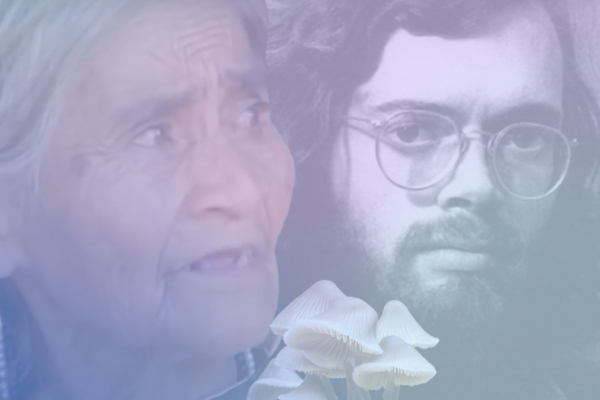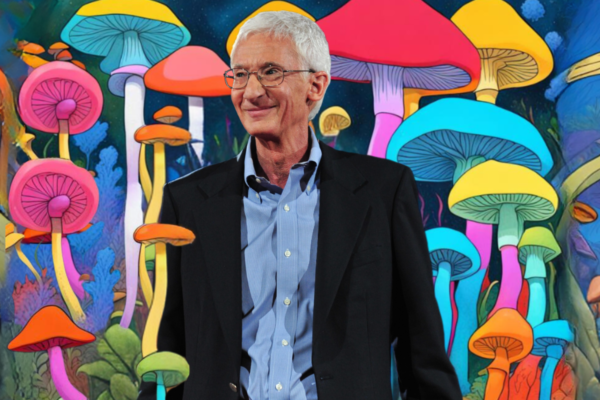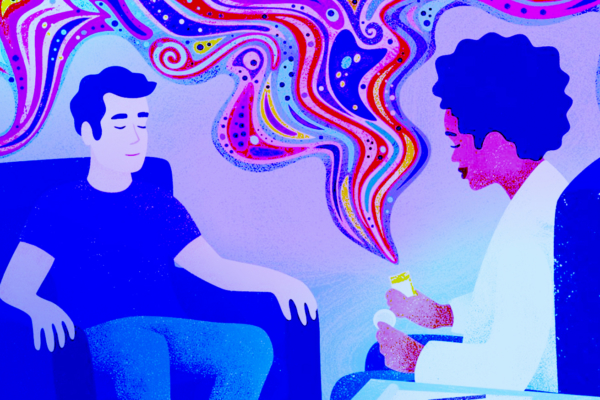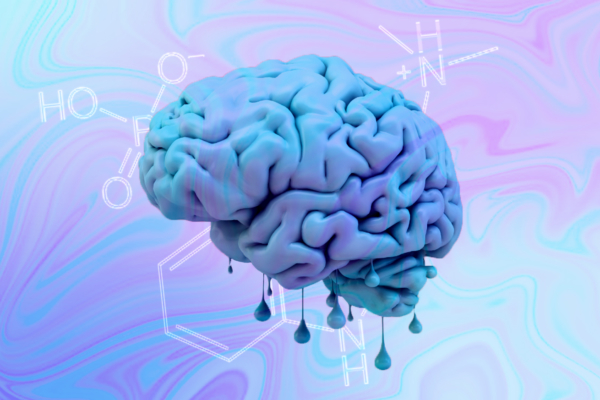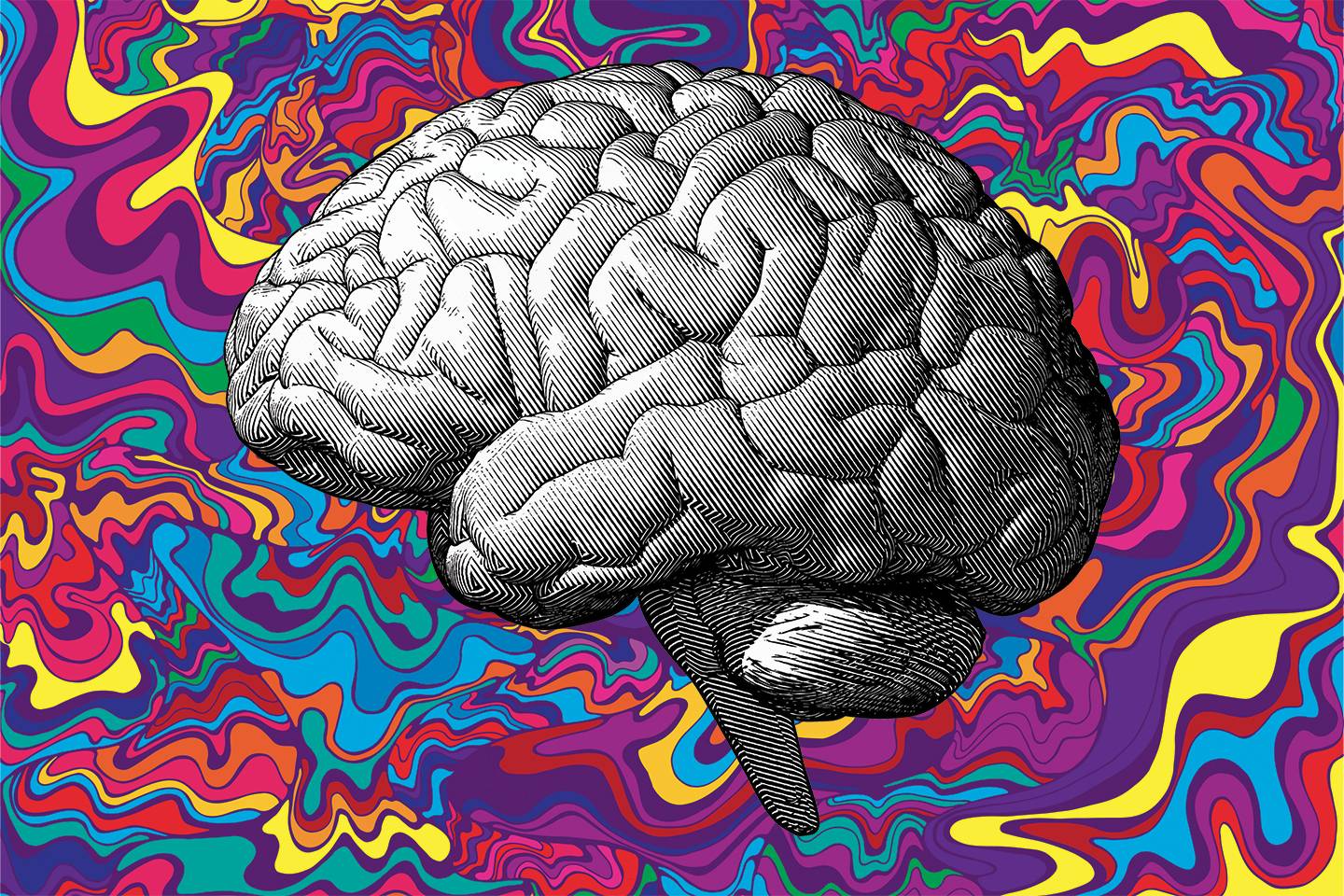
The John Hopkins Center for Psychedelic and Consciousness Research (CPCR) will create the world’s largest registry on psilocybin use, the center announced last month.
In a partnership with Unlimited Sciences, a psychedelic research nonprofit, CPCR will create the registry by surveying people across the globe about their psilocybin mushroom use. This would mark a shift away from the clinical research the center historically conducts.
The announcement builds on the work the CPCR has been doing for decades; in 2000 it became the first research center approved to study the benefits of psilocybin.
The new registry aims to identify people who plan to use psilocybin within a six-month window. Participants in the study will complete five research surveys to help researchers understand their intention for the “trip” and how that factors into their overall lifestyle, demographic, and personality traits. Researchers believe this will help them better understand dosage as it relates to long-term use and outcomes.
“Studies exist showing the benefits of Psilocybin for depression, smoking cessation, and cancer-related distress in the lab, among other things,” Del Jolly, co-founder and director of Unlimited Sciences, said in a statement.
“But because our research is ‘real world’, allowing participants to enroll for any reason and participate in any setting, we will learn unprecedented new details about how individuals are choosing to use this substance. Through our time listening to the community we have heard anecdotes of people using Psilocybin for depression, anxiety, posttraumatic stress disorder, and chronic pain, among other conditions. We hope to grow our understanding with a large sample set.”
CPCR’s own research found that the positive benefits of psilocybin lasted for at least two months after a single dose. Its 2000 findings noted that the subjects experienced sustained benefits including “substantial personal meaning and spiritual significance.”
“People around the world have used Psilocybin and other psychedelics for hundreds of years, in a widespread natural history experiment,” said Heather Jackson, Board President of Unlimited Sciences.
“Research suggests these compounds produce remarkable experiences felt to be profoundly meaningful, with enduring positive changes in attitudes, moods, and behavior, years into the future,” Jackson said. “By expanding this study to include far more examples of real-life usage and outcomes, we can continue to learn more and refine our research. A study of this type can direct future controlled clinical trials.”
More information on the new study can be found here.
